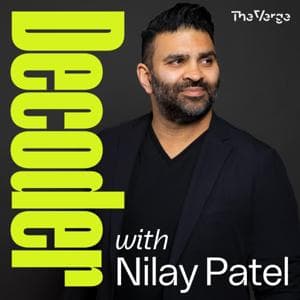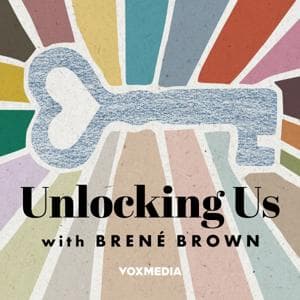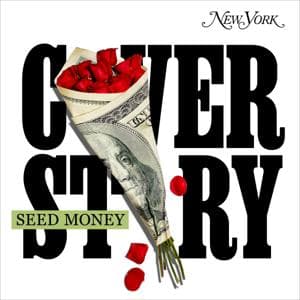
Sign up to save your podcasts
Or



By Vox





4.4
77867,786 ratings



The podcast currently has 796 episodes available.










The podcast currently has 796 episodes available.

30,678 Listeners

25,897 Listeners

8,458 Listeners

10,695 Listeners

2,679 Listeners

9,772 Listeners

3,660 Listeners

3,148 Listeners

87,945 Listeners

112,982 Listeners

1,490 Listeners

56,868 Listeners

10,330 Listeners

2,409 Listeners

5,449 Listeners

16,489 Listeners

2,162 Listeners

5,832 Listeners

38 Listeners

23,573 Listeners

6,446 Listeners

736 Listeners

6,486 Listeners

16,366 Listeners

2,318 Listeners

1,220 Listeners

158 Listeners

1,797 Listeners

1,471 Listeners

432 Listeners

32 Listeners